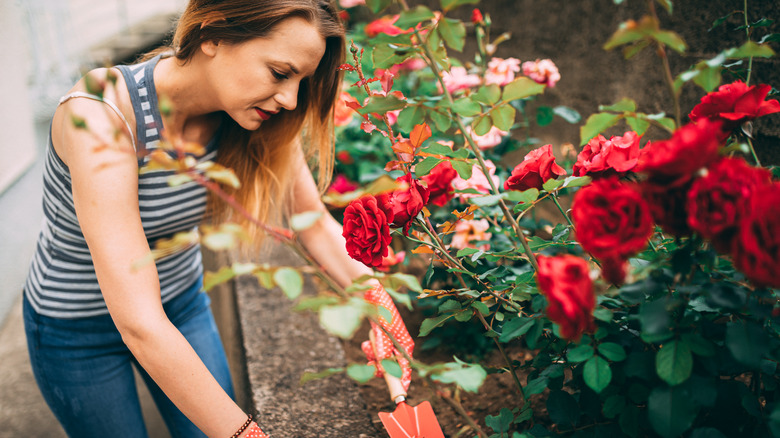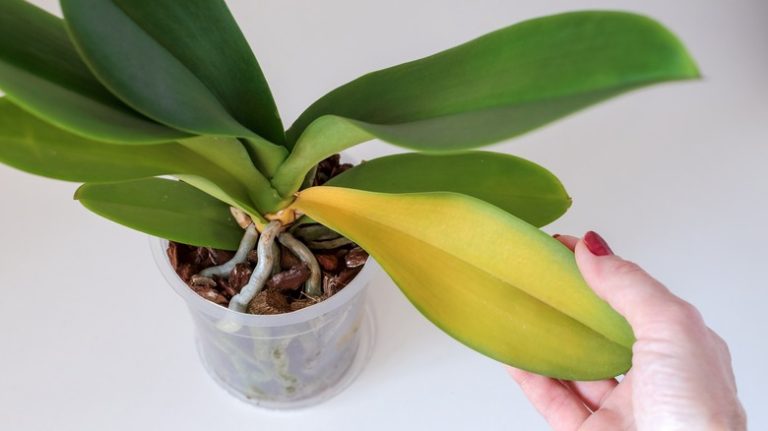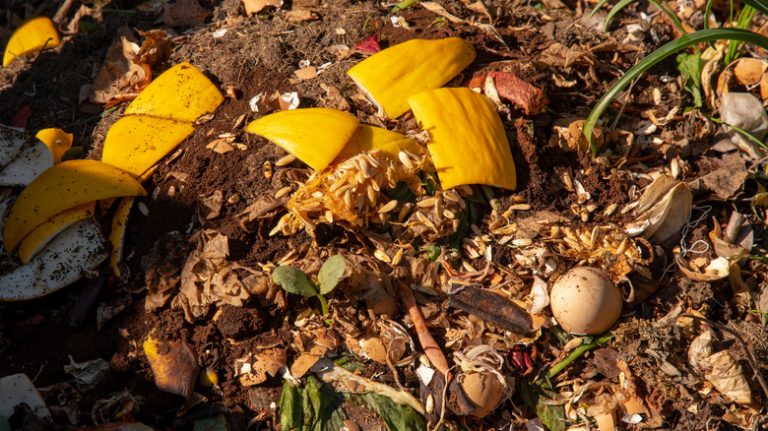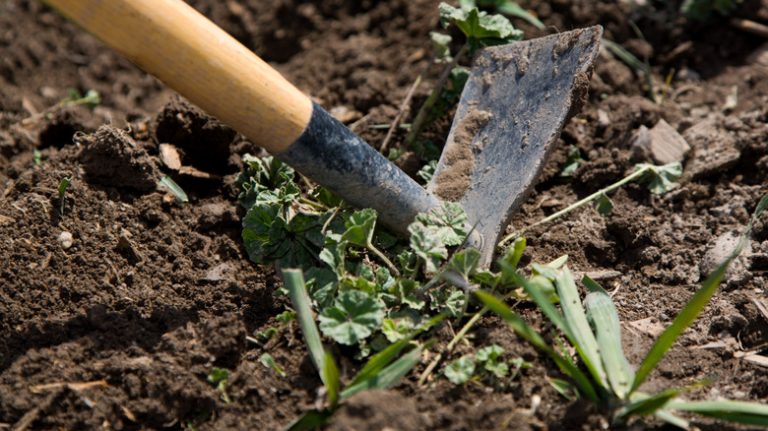Garden roses are among the most popular flowers to grow, gift, and admire. Many gardeners and hobbyists know the joy of raising roses from small bare-root starters to grand shrubs full of colorful blooms. They also know the work of notable rose pests like aphids, Japanese beetles, slugs, and mealybugs. It’s a frustrating experience when your rosebushes have become bug food. Luckily, there’s an all-natural pest solution called companion planting. There are several garden herbs that you can plant near your roses to keep pests away.
Companion planting is a type of gardening that uses a plant’s natural oils, odors, and chemicals to benefit the plants around them. It’s also a pesticide-free way to deter several garden pests. Herbs like lavender, sage, and thyme have unique properties that kill or repel pests and are especially powerful when paired with roses. Meanwhile, alliums like garlic are so pungent they’ll offend any mole within smelling distance. Other herbs like rosemary leech oil into the soil and deter beetles and slugs before they can do any damage to precious roses.
Herbs that make the best companion plants for roses
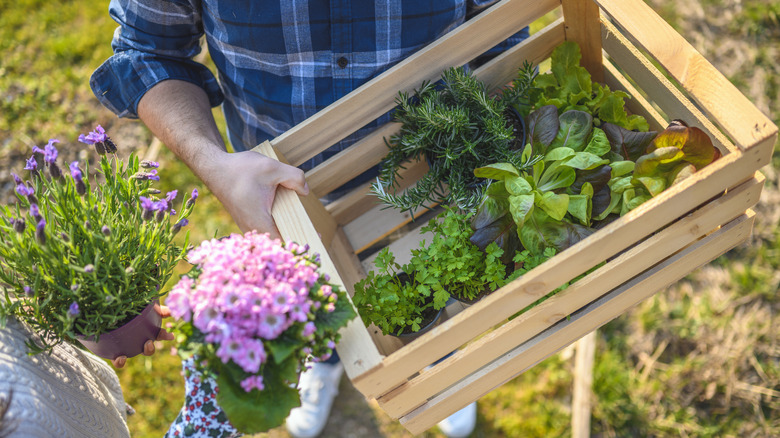
Some companion herbs drive pests away with strong odors, while others release chemicals like linalool and oils that make the soil and nearby plants uninhabitable. For the most success, determine what pests are bothering your roses and then plant herbs they are sure to hate. They’ll get the hint and start avoiding your precious flowers.
Pests like rose-loving Japanese beetles cause a lot of damage and plant death when left unchecked. Planting fragrant garlic or catnip near your beetle-infested roses will drive the little intruders away. Similarly, dill or fennel will deter aphids that love destroying rose leaves.
Like humans, garden pests are revolted by certain odors. While sage and lavender smell lovely to many people, they repel mosquitoes, ants, moths, and slugs. Herbs in the allium family, like garlic and chives, are beloved for their pungent flavor, but moles absolutely hate them. Companion herbs like parsley are especially beneficial for your roses. Not only does it deter beetles from burrowing into the soil, but it also attracts lacewings that prey on aphids and other harmful small insects.
The benefits of companion gardening
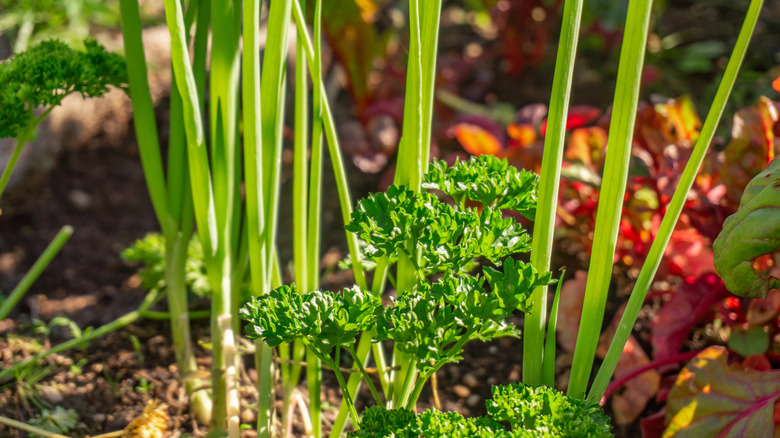
Companion planting as pest control is a natural way to ward off garden invaders. Chemical solutions like pesticides may seem like a go-to, but you should think twice before using them in your yard. Pesticides pose a poison risk for homes with pets and children. They also contaminate local water sources and enter the water cycle. Using a plant like garlic’s natural oils to ward off pests lets you skip anything harsh.
You’ll also have the added culinary benefit of fresh herbs, plus more color and variety to make your garden aesthetically pleasing, too. Adding border plants and herbs to your garden can make it look much better, in addition to acting as a barrier that many species of insects and small mammals won’t cross. Plants like mint, rosemary, and basil make great border plants. You can plant a border around your entire rose garden, or you can plant them strategically around each rose bush.

